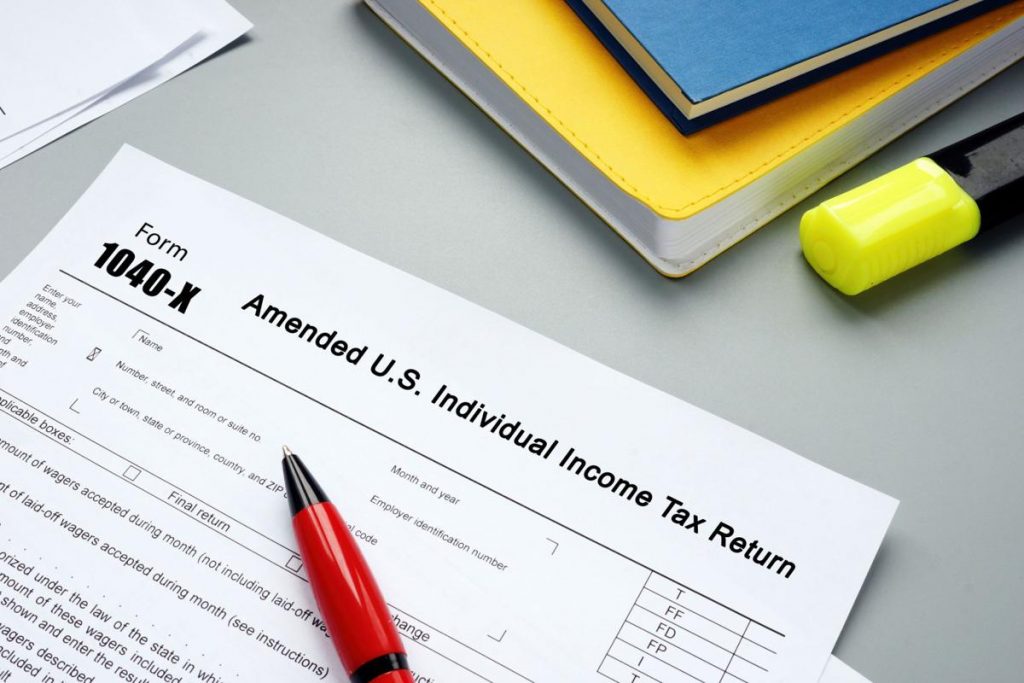
You filed your tax return months ago, but then you happen to glance at a copy and notice a mistake. What should you do?
“There’s no reason to panic,” said Ebony J. Howard, a certified public accountant and financial reviewer for RetireGuide.com, “because the IRS allows corrections to be made on previously submitted tax returns.”
In many cases, fixing an old tax return requires filing an amended return. That’s fairly easy to do, although there are some time limits and special forms — usually Form 1040-X — you’ll have to use.
Some errors don’t need an amended return. Instead, the IRS might correct your return automatically or ask you to do something else, a request that will come in writing.
If you missed a tax deduction or credit that you were entitled to claim, you need to file an amended return to correct the omission.
For instance, suppose you itemized deductions on your original return but didn’t claim the medical expense deduction because you didn’t think you satisfied the 7.5% of adjusted gross income threshold. Later, you realize you do thanks to your Medicare premiums, which qualify as a medical expense.
“In this case,” Howard says, “it would be wise to complete a 1040-X form, which would increase the total itemized deduction amount,” resulting in a refund.
Another reason for filing an amended return is to report omitted income.
For example, retirees could receive a Form 1099-R reporting distributions from a retirement plan, Form SSA-1099 showing Social Security benefits, or another form indicating other taxable income after filing their tax return. If that happens, Howard says you’ll have to “file a 1040-X return, add the income in so the IRS can accurately calculate the tax that’s due or the refund amount, and then explain the reason” for amending the return.
An amended return is also necessary if your filing status on the original return was wrong, an error often triggered by a spouse’s death. The surviving spouse can file a joint return for the year the deceased spouse dies, but after that, either the qualifying widow(er) or single filing status must be used.
Sometimes, a new tax break is retroactively enacted that calls for checking your previous tax returns to see if you can take advantage of it. If so, file an amended return to claim a refund.
If you’re the victim of a natural disaster, you generally can file an amended return for the previous tax year to claim a casualty loss deduction for the damage from Mother Nature.
Don’t wait too long to file an amended return. The deadline for doing so is generally three years after filing your original return or two years after paying any tax due, whichever is later.
But if you’re due a refund, wait until you receive it before filing an amended return. Also, if you owe tax after filing an amended return, pay it quickly to avoid additional interest and penalties. Search “Where’s My Amended Return” at IRS.gov or call (866) 464-2050.
























